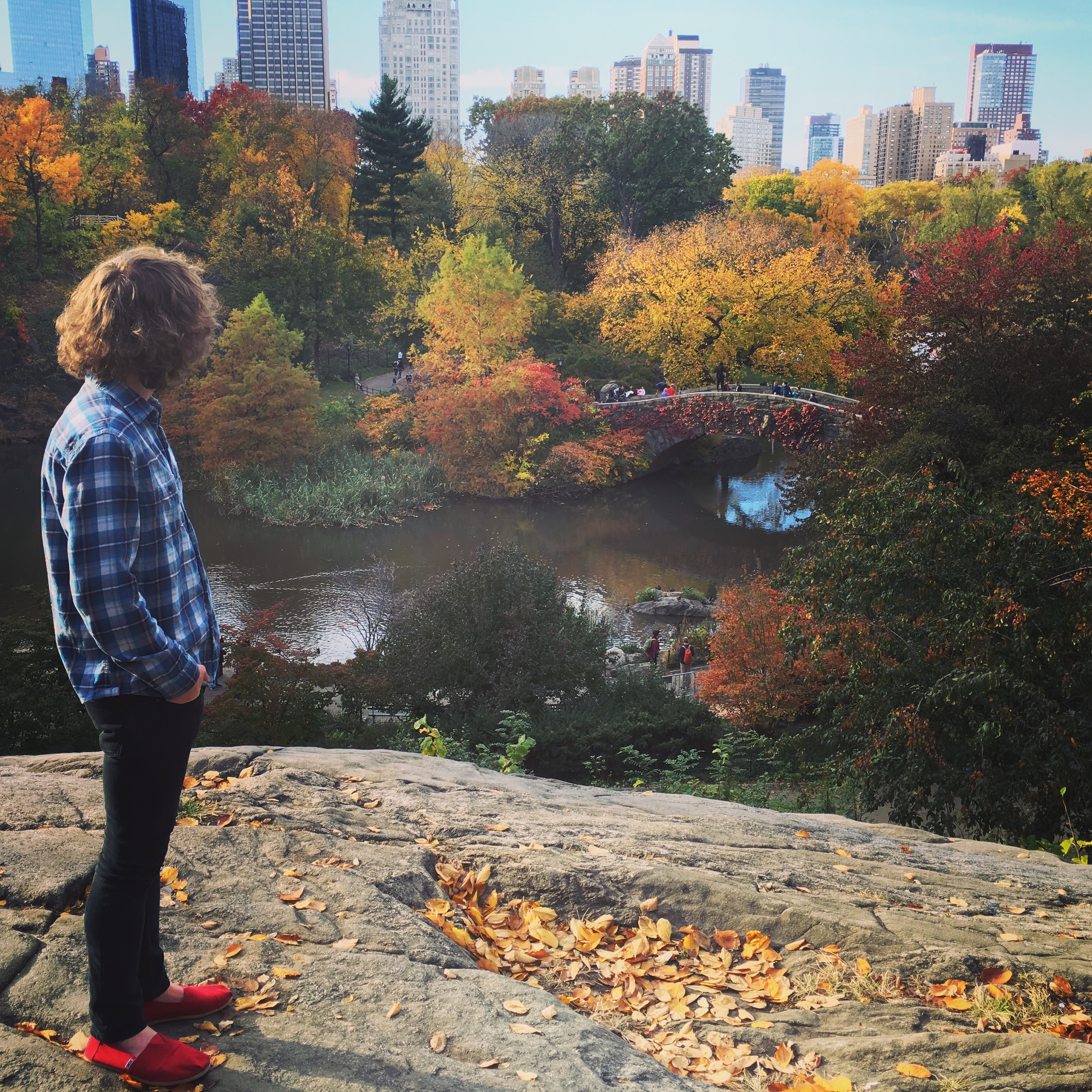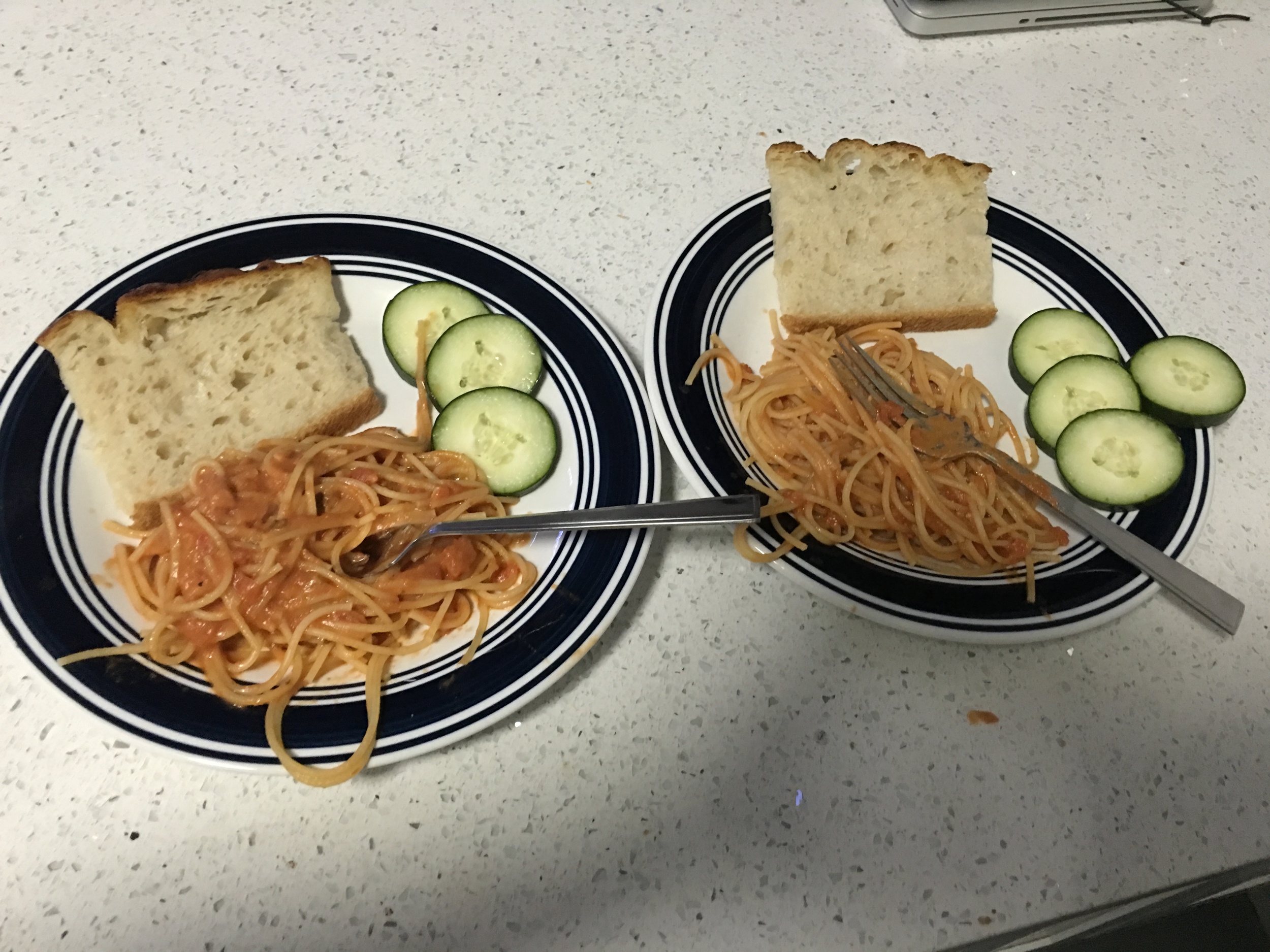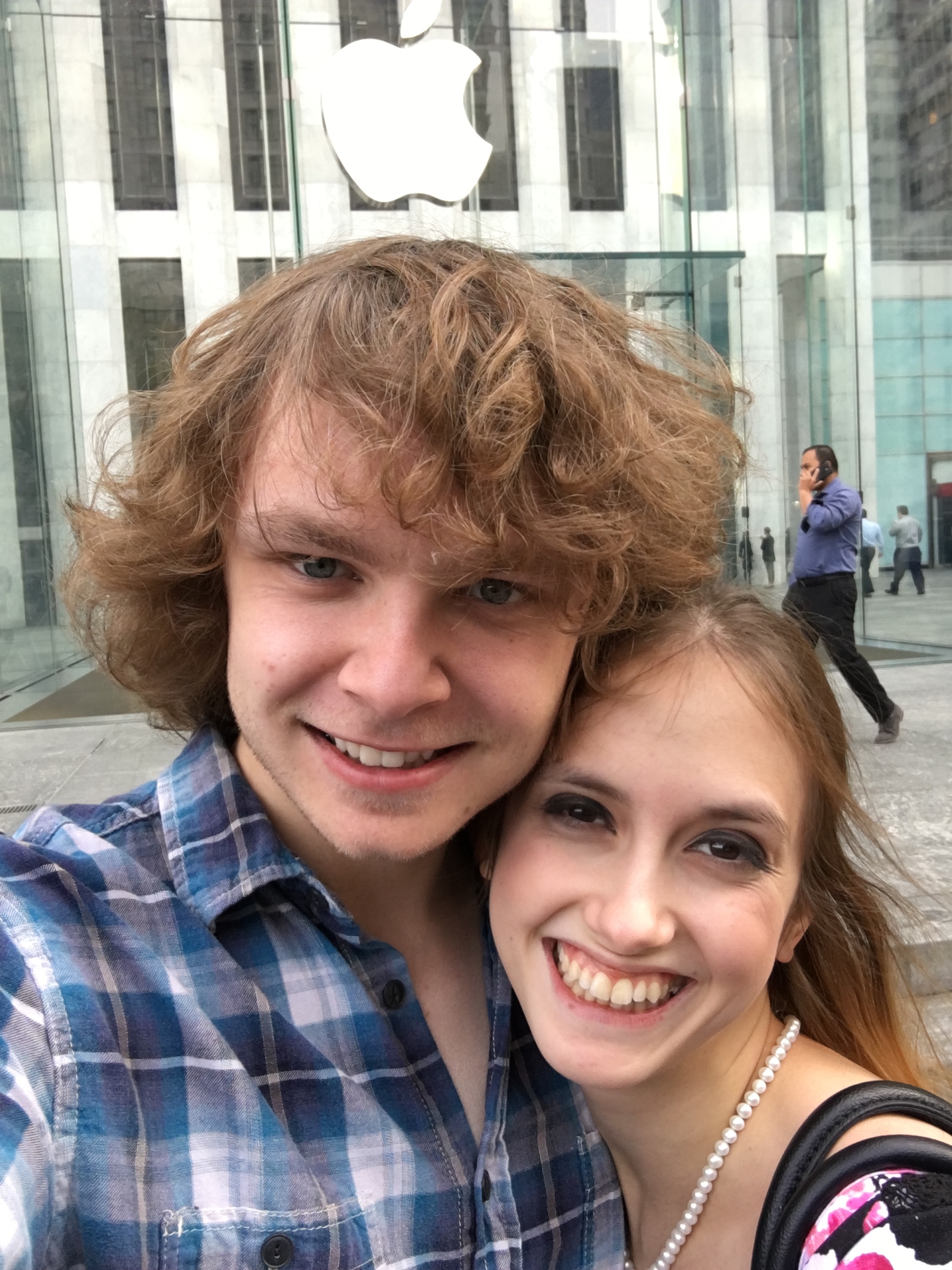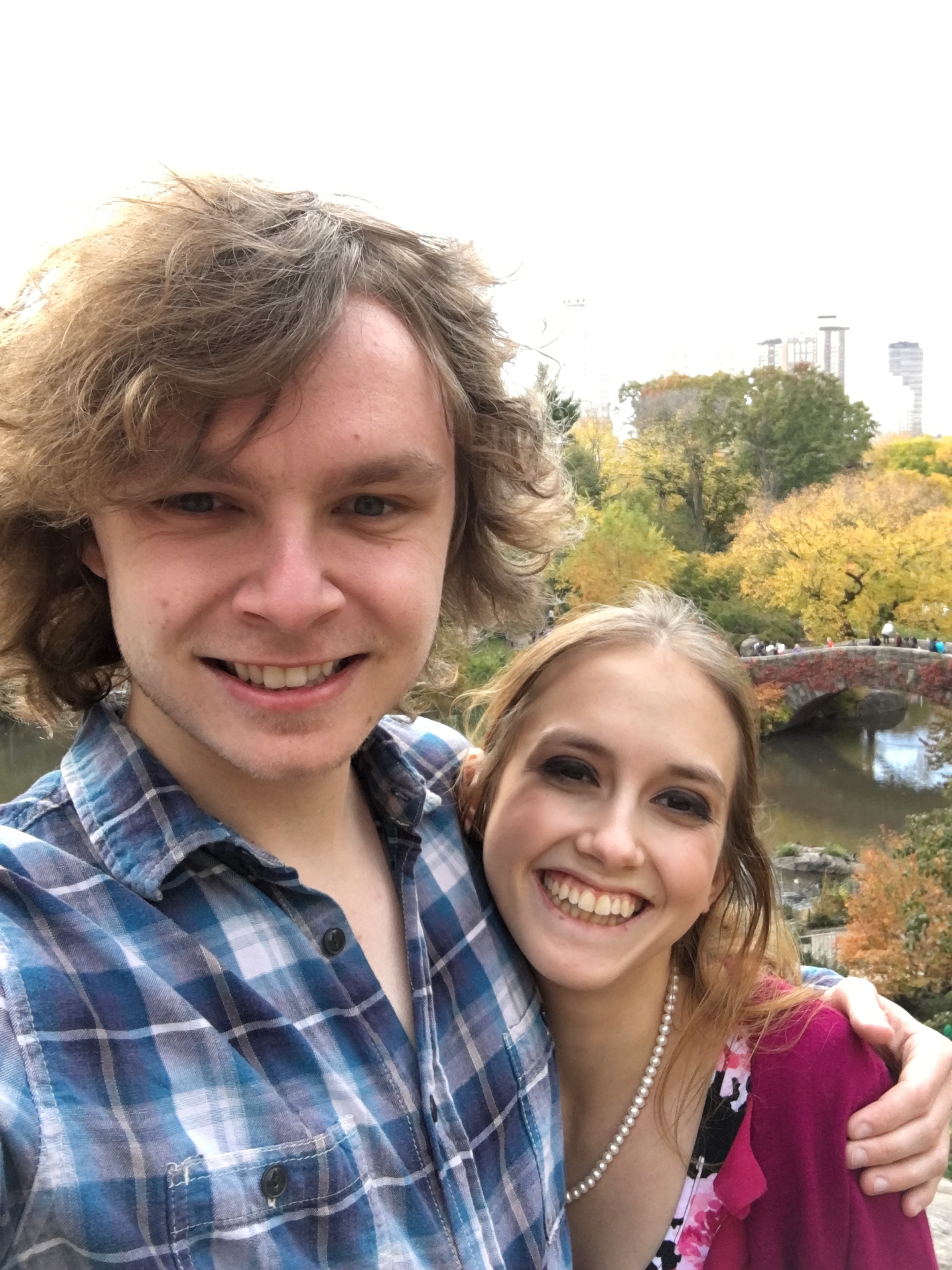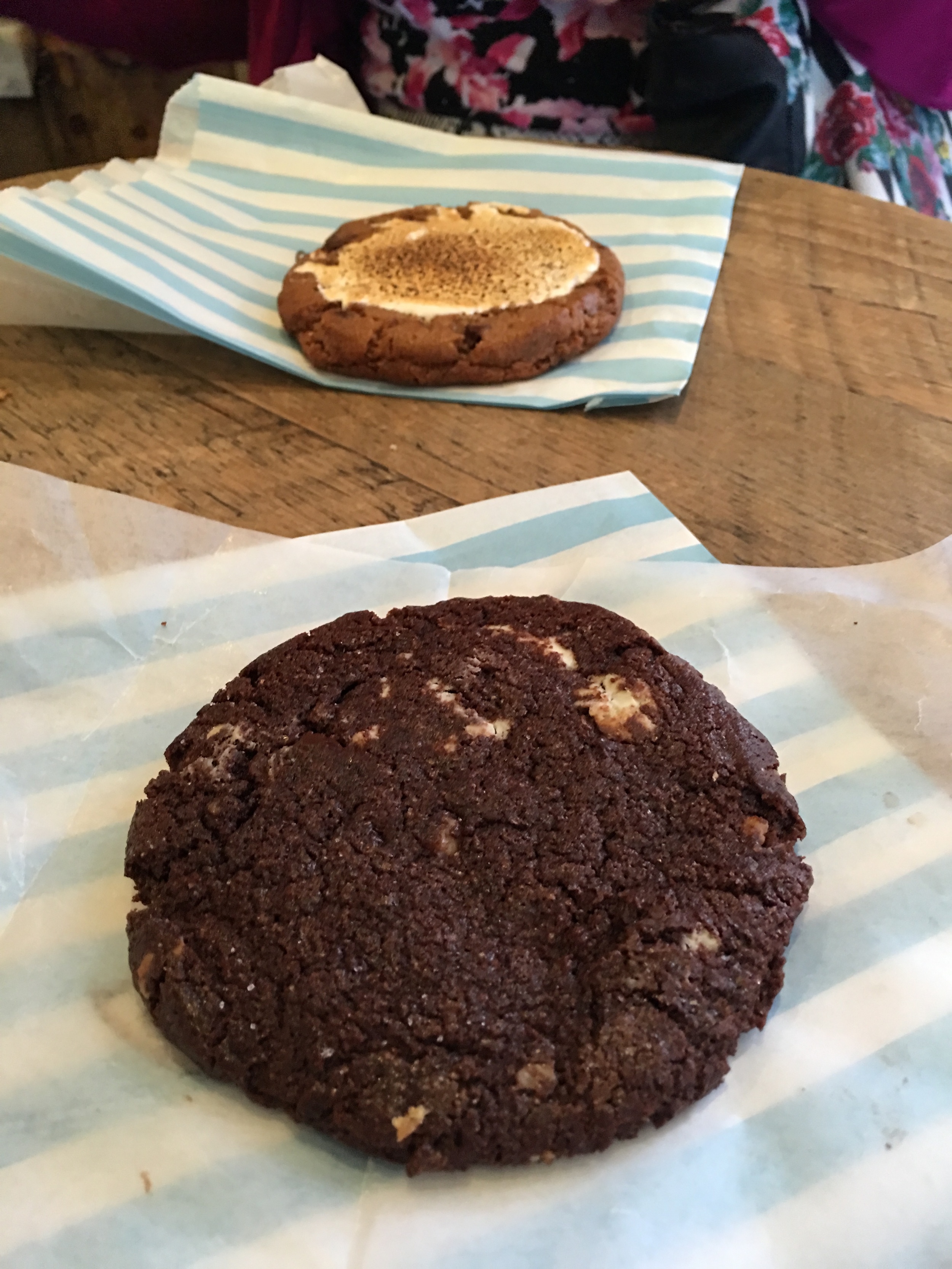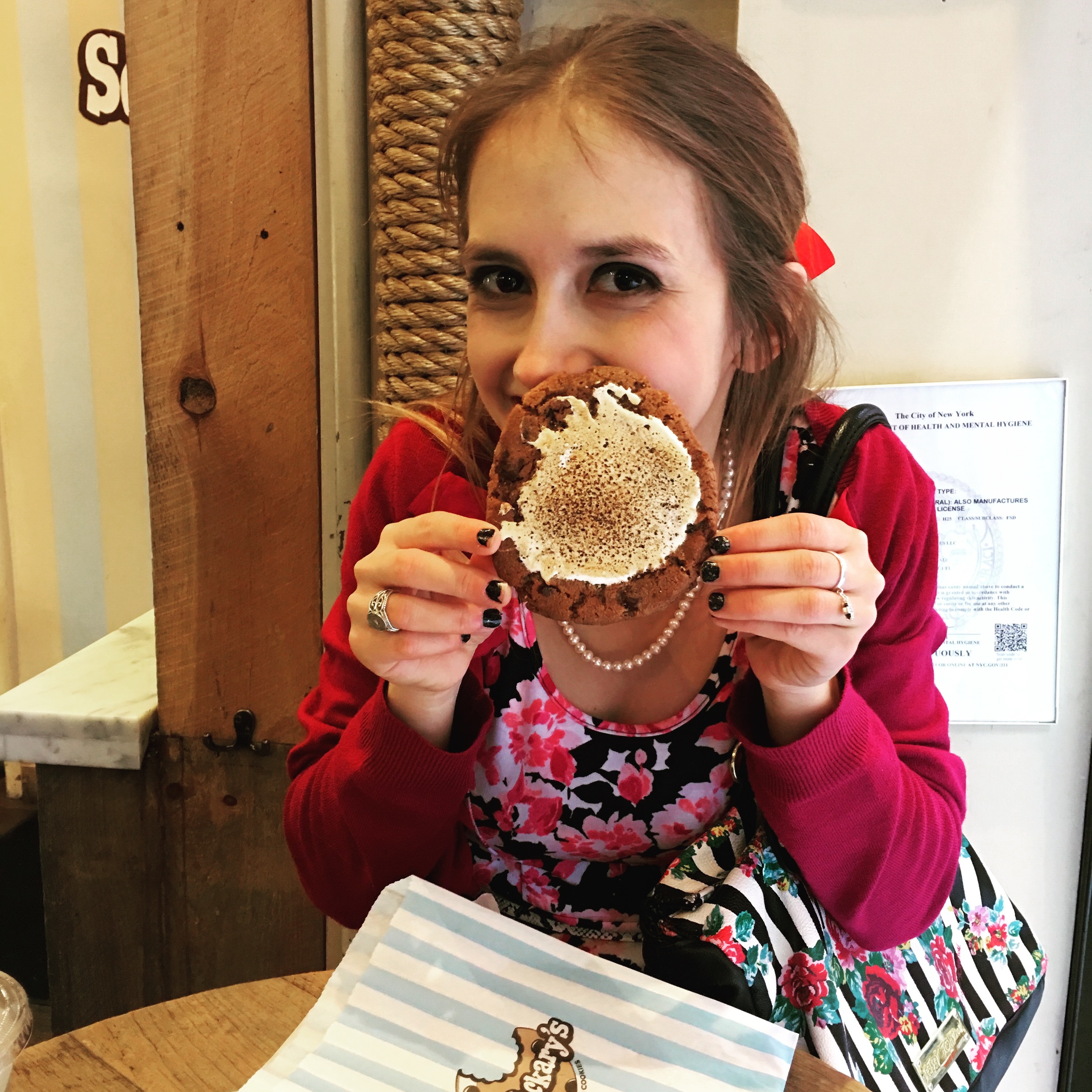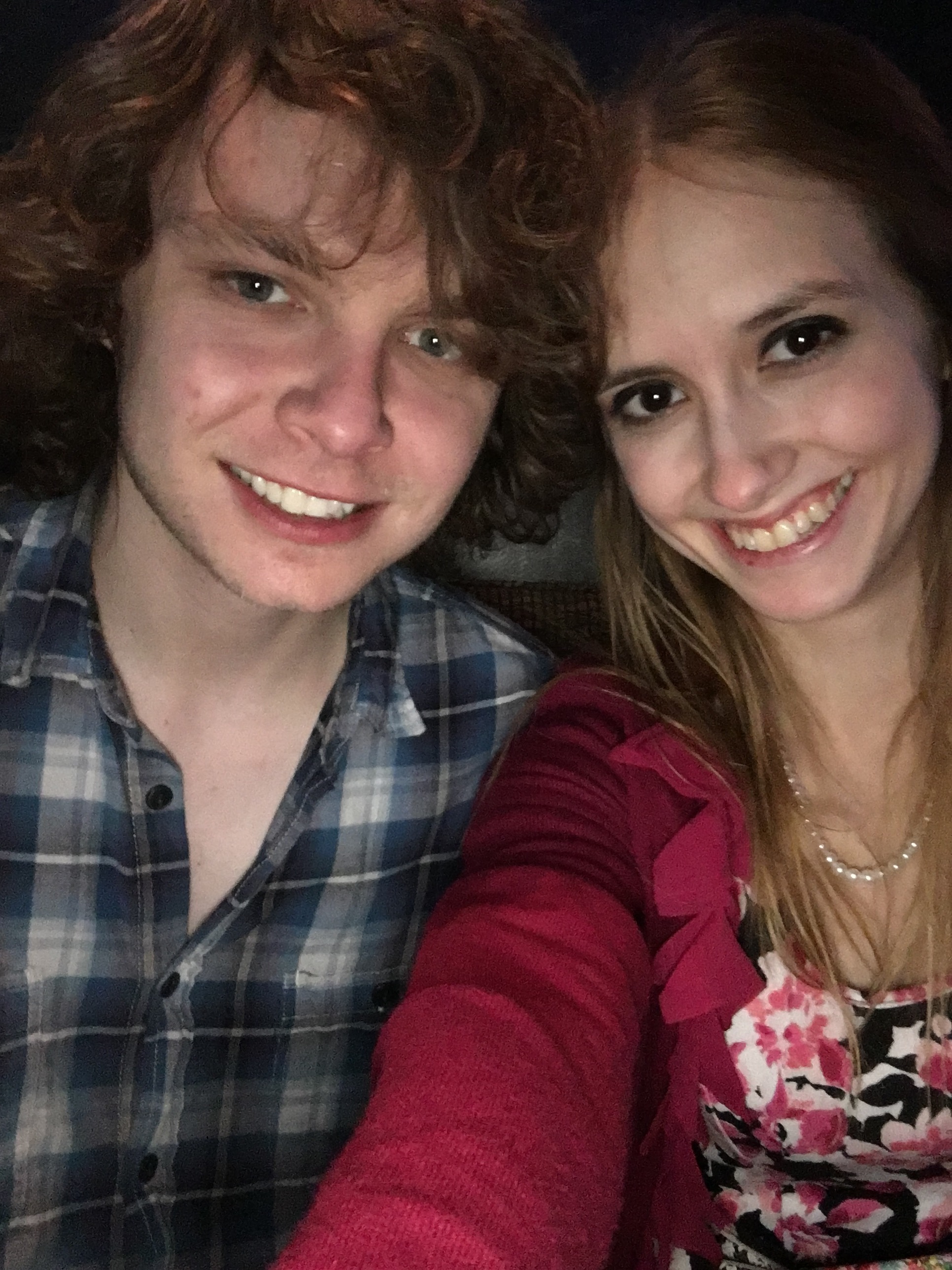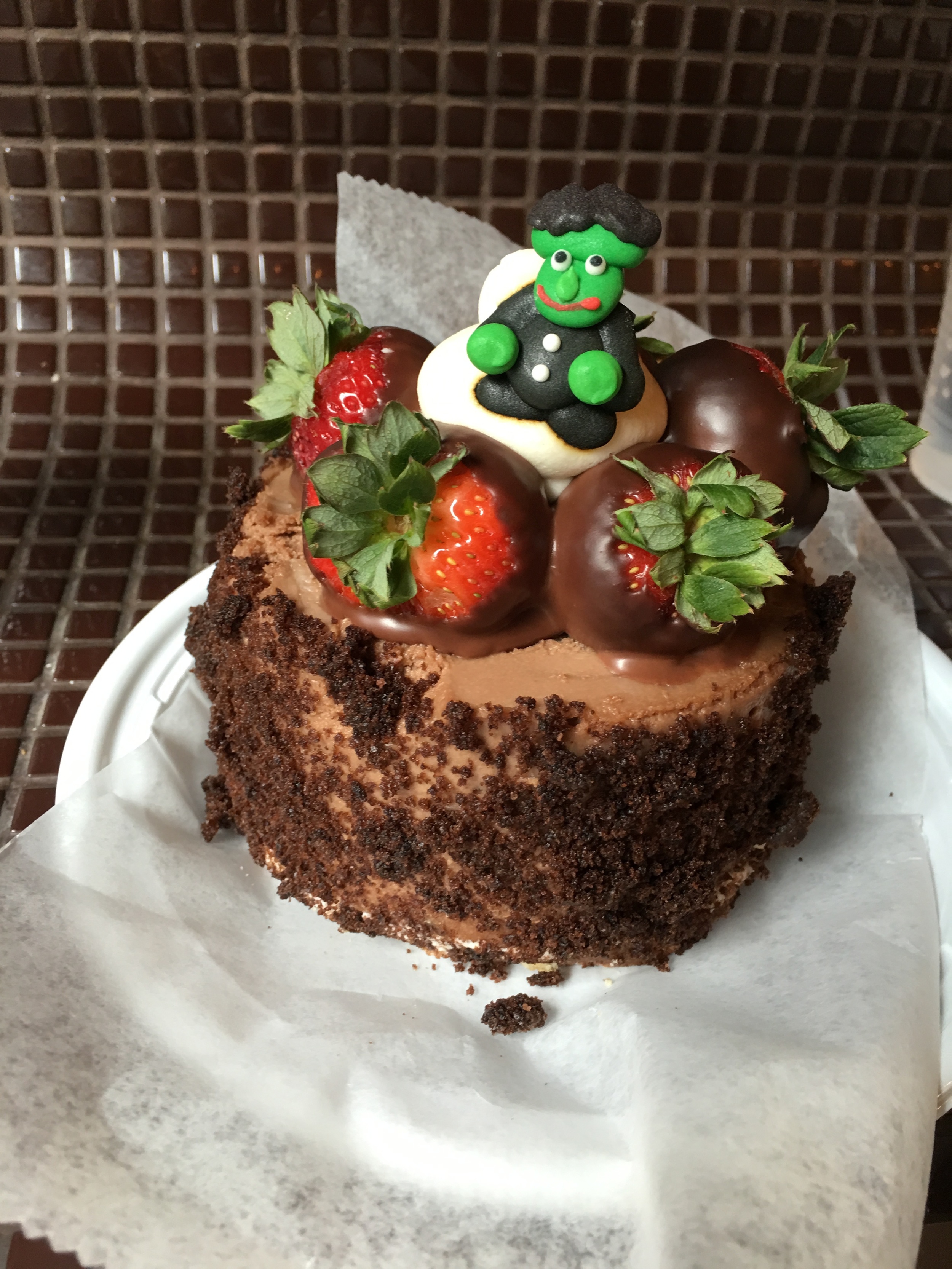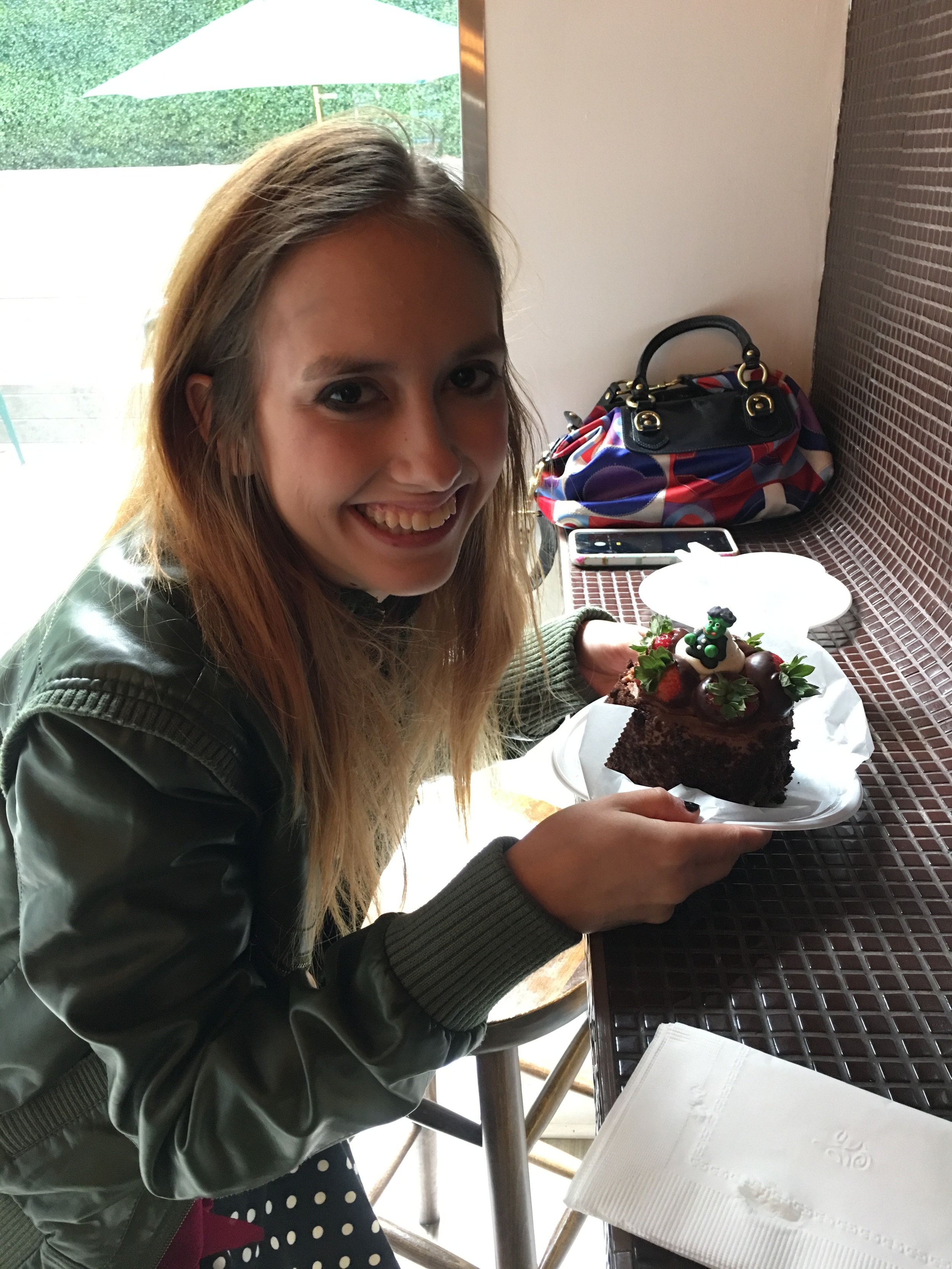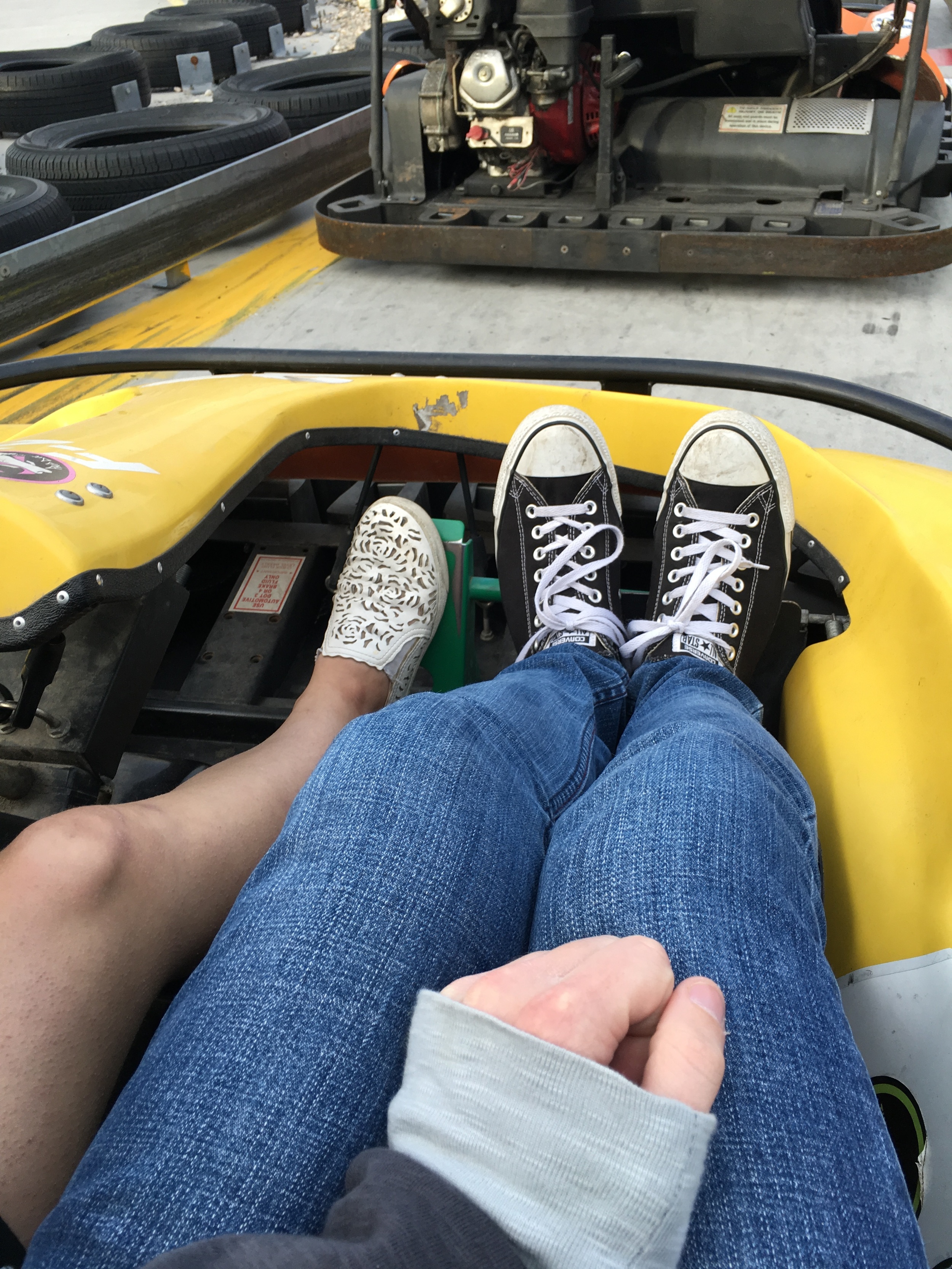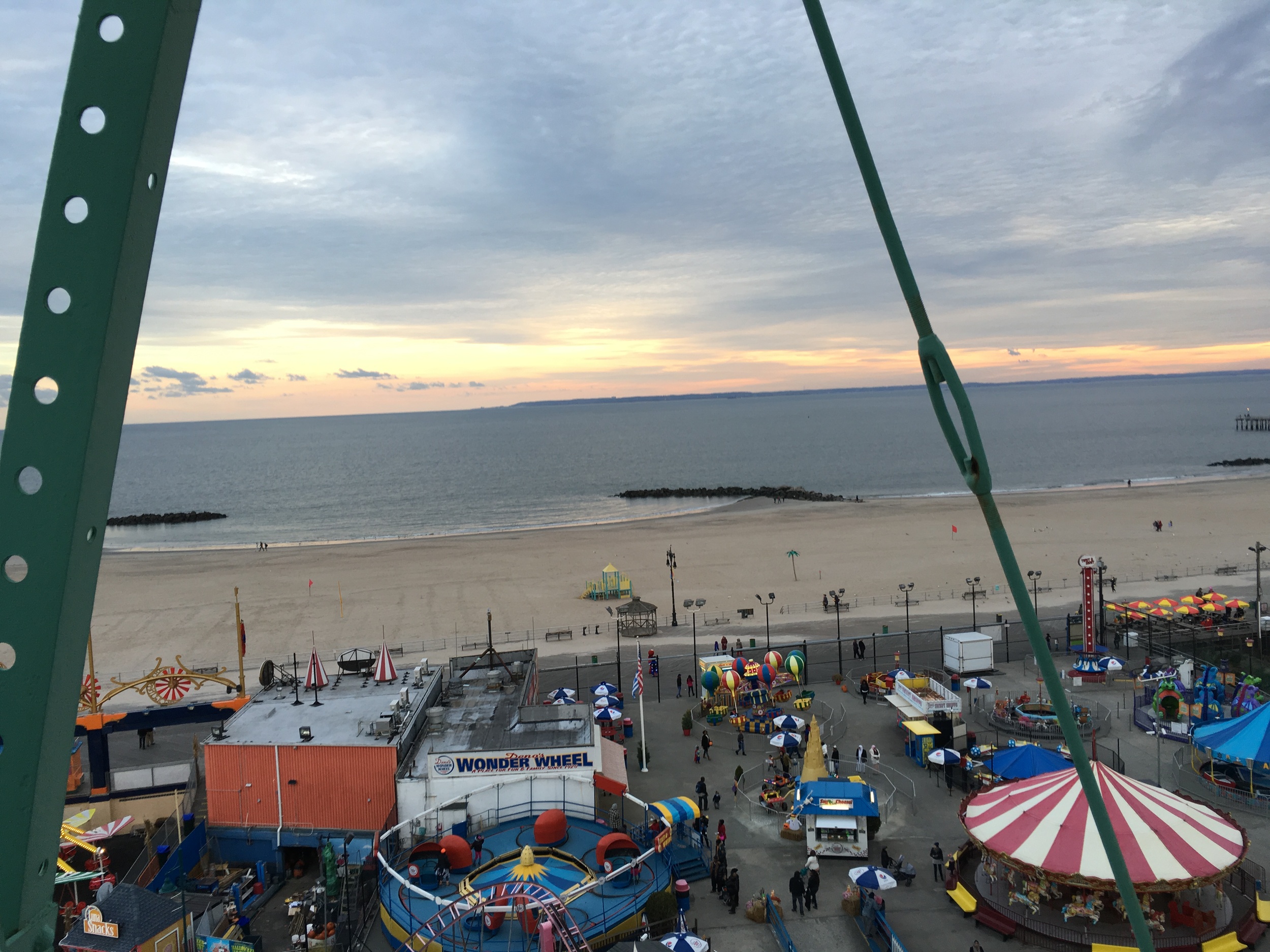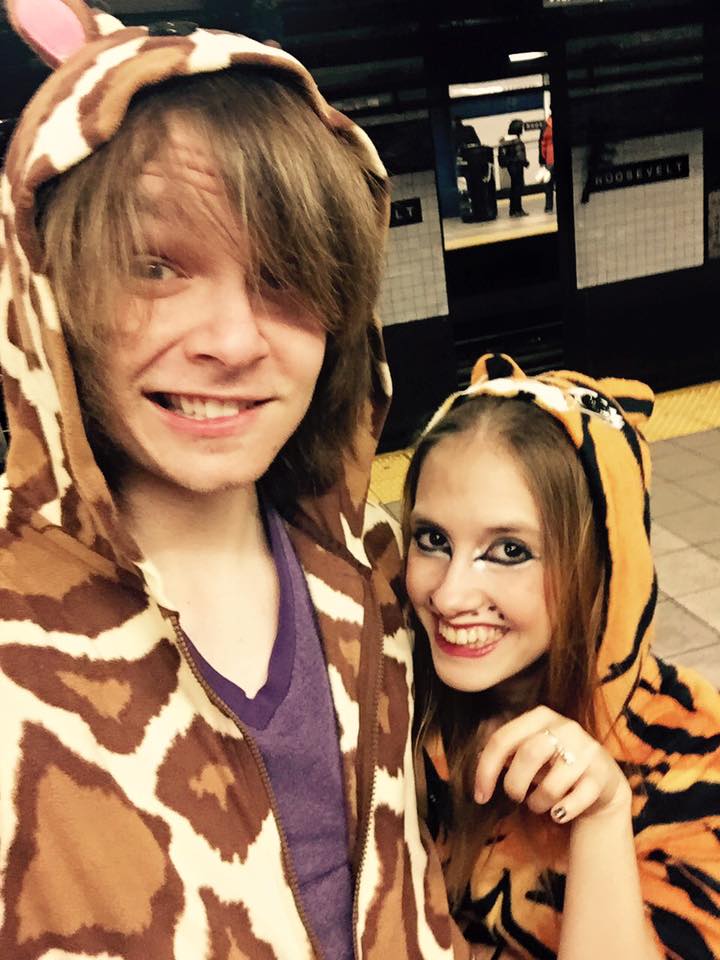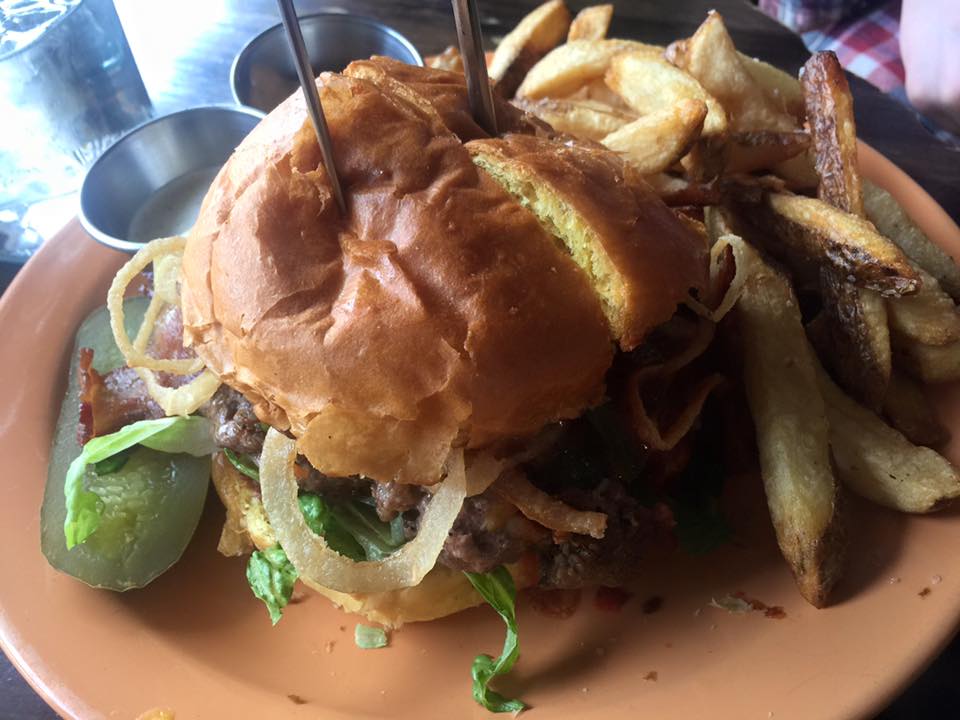Back to New York
Visiting New York City is something I've dreamt of doing since I was a child. I've always thought of the city as a magical place full of really successful, interesting people running around doing really successful, interesting things. I always hoped that I would be able to go there one day, but never in a million years did I think I'd be able to travel there at such a young age. I certainly didn't think I'd ever be able to say I was going "back to New York." But alas, things turned out that way. Last week, I was blessed to visit New York City for a second time.
Trying to share all the details of the trip would be lengthy, so I'll stick to the highlights. I was supposed to leave Dallas at 5:30 on Wednesday afternoon, but my flight was delayed for a few hours. Sitting in an airport awaiting a trip that you're really looking forward to is just painful. Now I understand why people hate flying so much. But with a little time and patience, I eventually landed at LaGuardia Airport around 2:00 am New York time. And when I got to baggage claim, I was reunited with my girlfriend Millie, and that made all the traveling worth it.
The occasion for my trip was Millie's birthday. She turned 23 on October 29, and I wanted to give her a special day to celebrate. We started with brunch at a little place called Café Orlin, and it was incredible. I was nervous taking Millie to a restaurant I'd never tried or even seen before, but it was a risk well worth taking. We took a walk in Central Park, which is just gorgeous in the Fall, and took lots of pictures. And we ended the day with a stroll on the beach at Coney Island followed by dinner at the original Nathan's. It was a wonderful day. Trying to plan out a whole day in a city you've only visited once before is stressful, but when you're exploring a city like New York with someone you love, you can't go wrong.
Friday was a more low-key day. We spent most of the day in Queens. We happened to stumble upon the perfect breakfast place and had amazing bagels. We also got some quality Netflix time in, because that's what couples do. Friday night, we put on our costumes and went to a local music show in Astoria. I felt a little silly dressing up a day early (actually, I felt silly dressing up at all), but it was a lot of fun. New Yorkers love Halloween, and they have no problem telling you if they like your costume.
Saturday was my last real day in New York. Millie and I have this burger joint that we really like on Broadway, so we went there for lunch. Then we went to our favorite bakery for dessert. I don't know how she lives so close to that place without gaining a million pounds. It's just amazing. Then we took our second trip out to Coney Island, this time to participate in their Halloween festivities. They had a pumpkin patch, so we bought a pumpkin that Millie painted to look like a cat. We rode the famous Wheel of Wonder, which has been at Coney Island for almost 100 years. We went on a go-kart ride (Millie's first), and I won a prize out of one of those claw machines on my first try. I'm going to go ahead and call that a miracle.
That night, we got dressed up in our costumes again and just enjoyed the city. We walked around Times Square and did a little shopping. Then we went to Union Square and walked for over a mile checking out places to eat. We ended up at a quiet, fancy little Italian restaurant. Despite the fact that I was in a giraffe costume, I wanted to take Millie somewhere nice on our last night together in the city. We had the best time sitting next to each other, enjoying good food, talking, and just being with one another. I couldn't have asked for a better way to end my trip.
The next morning, I woke up ridiculously early to make my 6:00 am flight. Saying goodbye was hard, but by 9:00, I was back in Dallas, and I made it home before lunch. I miss the city, but more than that, I miss my wonderful girlfriend. I'm so thankful for the time we got to spend together and for the amazing time I had in the city that never sleeps. My time in New York was a welcome vacation, an opportunity to celebrate someone I truly care about, and exactly what I needed to rest, relax, and simply be. I'm already trying to figure out when I'll get it to go back. I'm sure it won't be too long. But until then, I'll have New York on my mind.
